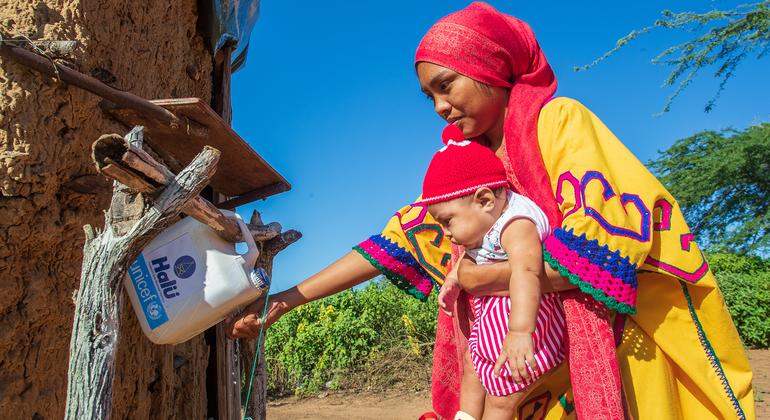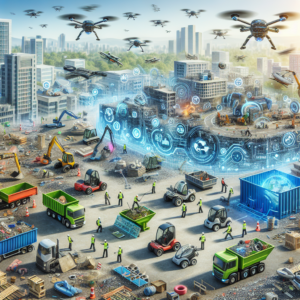Here’s the translation into American English:
—
More than a decade after the adoption of the Sustainable Development Goals, universal access to clean drinking water remains a challenge that seems far off. Over two billion people, approximately one in four worldwide, lack safely managed drinking water. This alarming statistic, which includes 106 million people who depend on untreated surface sources such as rivers and lakes, has been highlighted in a recent report by the United Nations Children’s Fund (UNICEF) and the World Health Organization (WHO) in honor of World Water Week.
Cecilia Scharp, a UNICEF expert, warned that “at the current pace, the promise of safe drinking water and sanitation for all children is increasingly out of reach.” This issue is exacerbated in least-developed countries, where people are twice as likely not to have access to safe drinking water and basic sanitation. Rural communities, as well as children and ethnic minorities, are the most affected. In many regions, water collection remains a burden primarily for women, who in sub-Saharan Africa and Central and South Asia can spend more than half an hour each day walking long distances to fill their jerrycans.
The report also highlights the inequality in access to sanitation facilities. About 3.4 billion people lack safely managed sanitation services, and of these, 354 million still practice open defecation. Additionally, 1.7 billion lack access to basic hygiene services in their homes. The absence of this infrastructure has direct repercussions on public health, increasing the spread of diseases and preventable mortality, especially among adolescents who, in many cases, are forced to drop out of school due to the lack of proper conditions.
With only five years remaining until the deadline to achieve the Sustainable Development Goals, the United Nations has made an urgent call to action. Rüdiger Krech from the WHO’s Department of Environment, Climate Change, and Health emphasized the need to double efforts, especially in marginalized communities. Without significant progress, the world risks failing to fulfill the promise of ensuring access to water, sanitation, and hygiene for all, which is fundamental to human dignity.
—
Source: MiMub in Spanish










